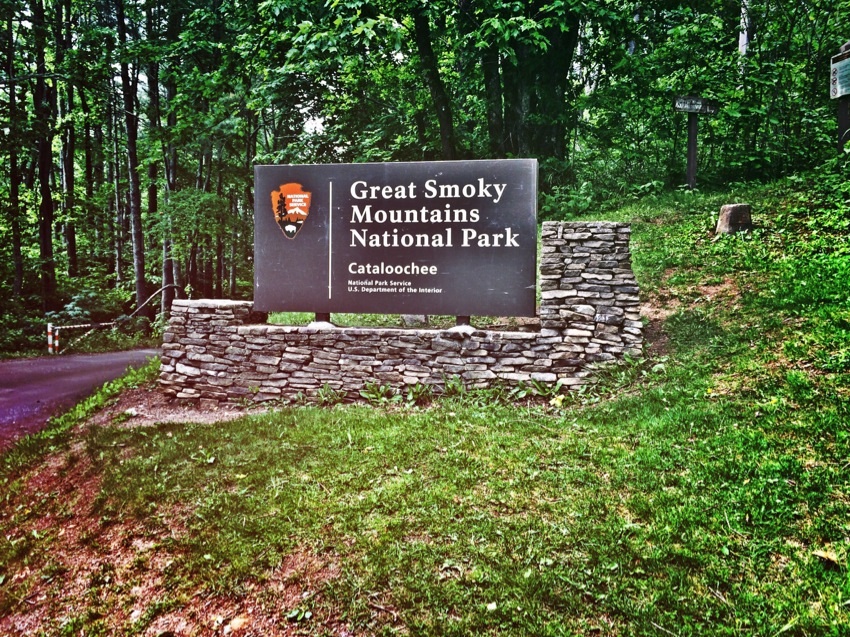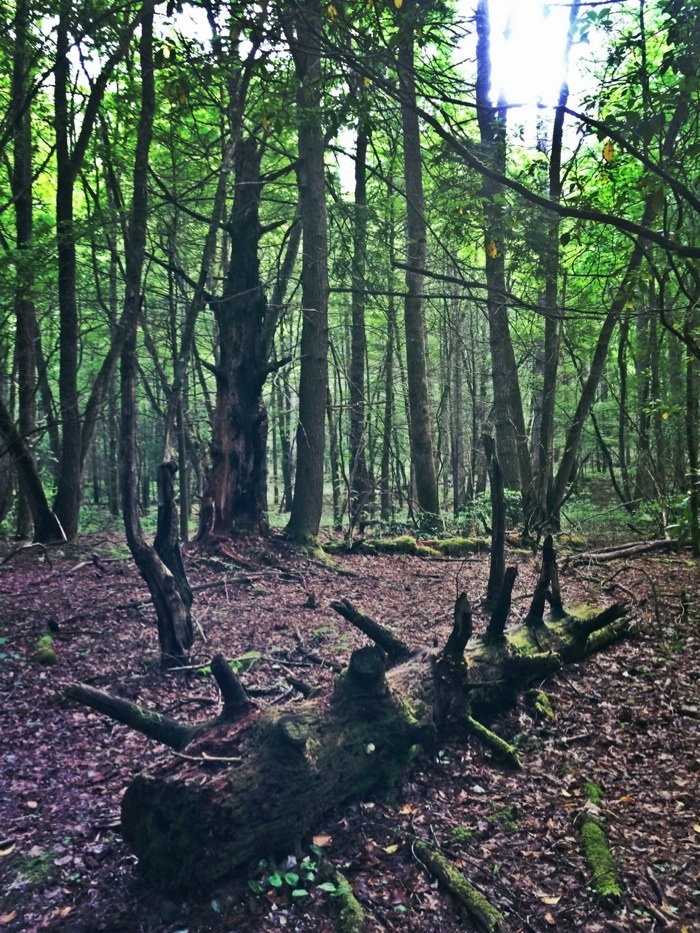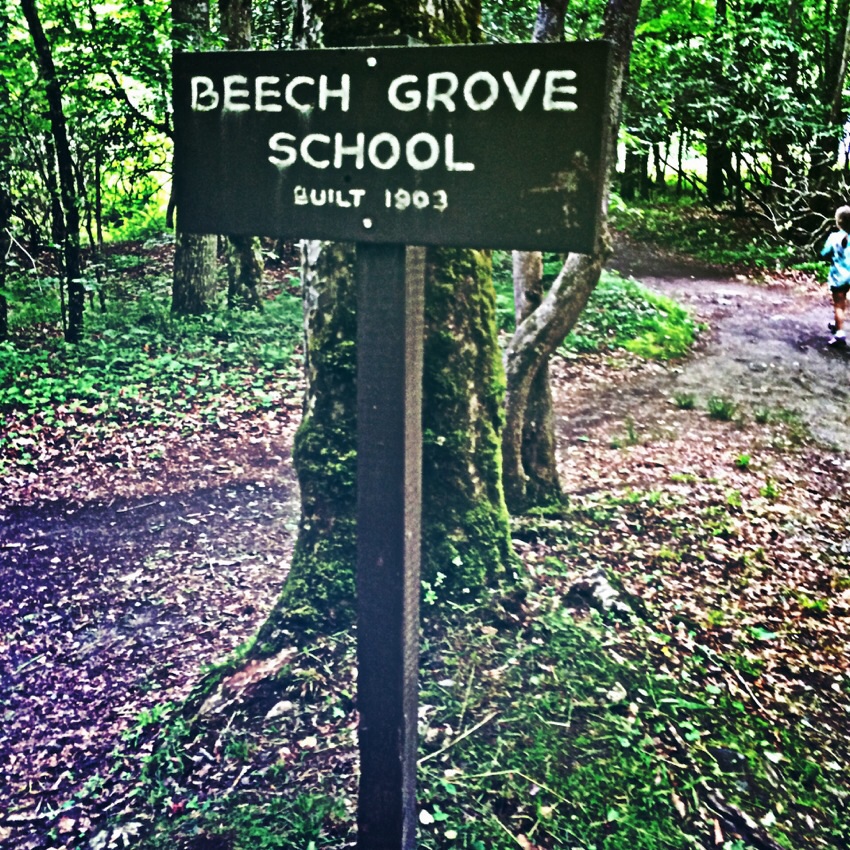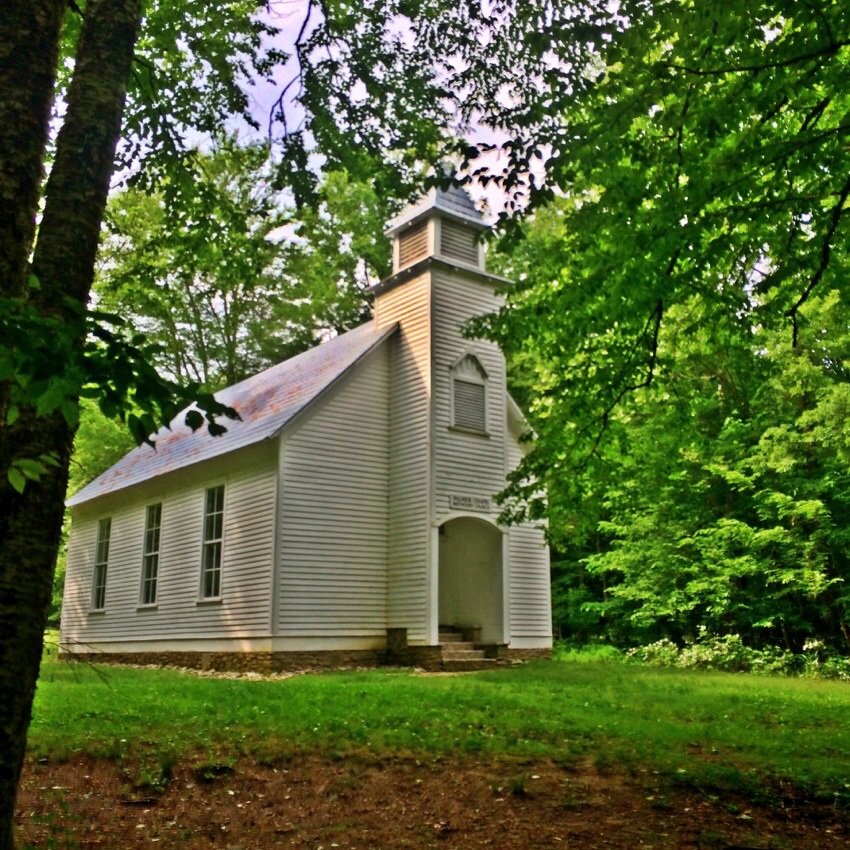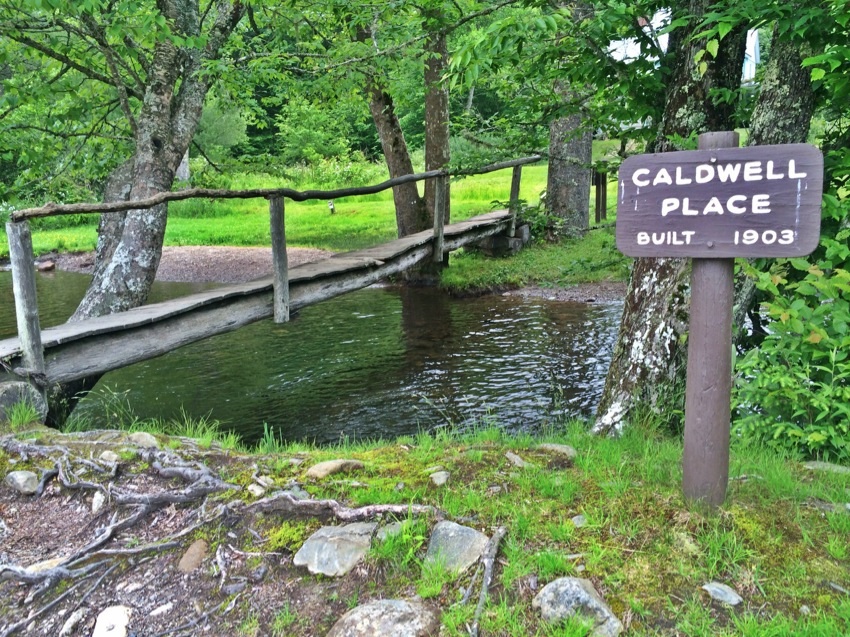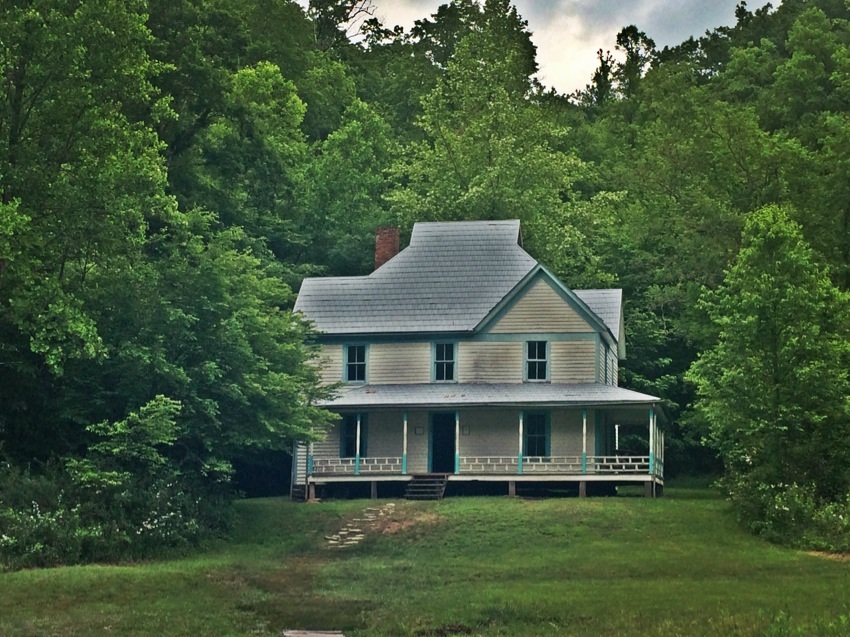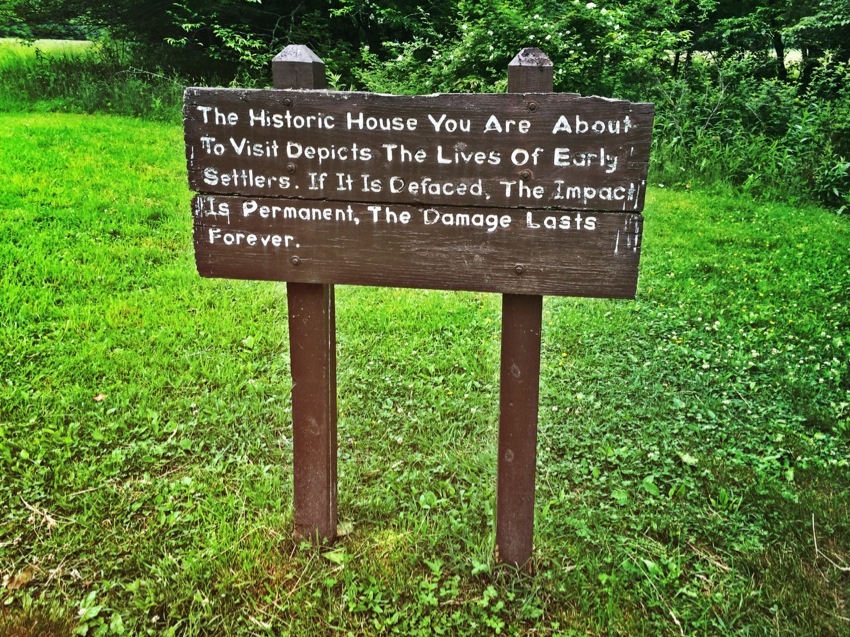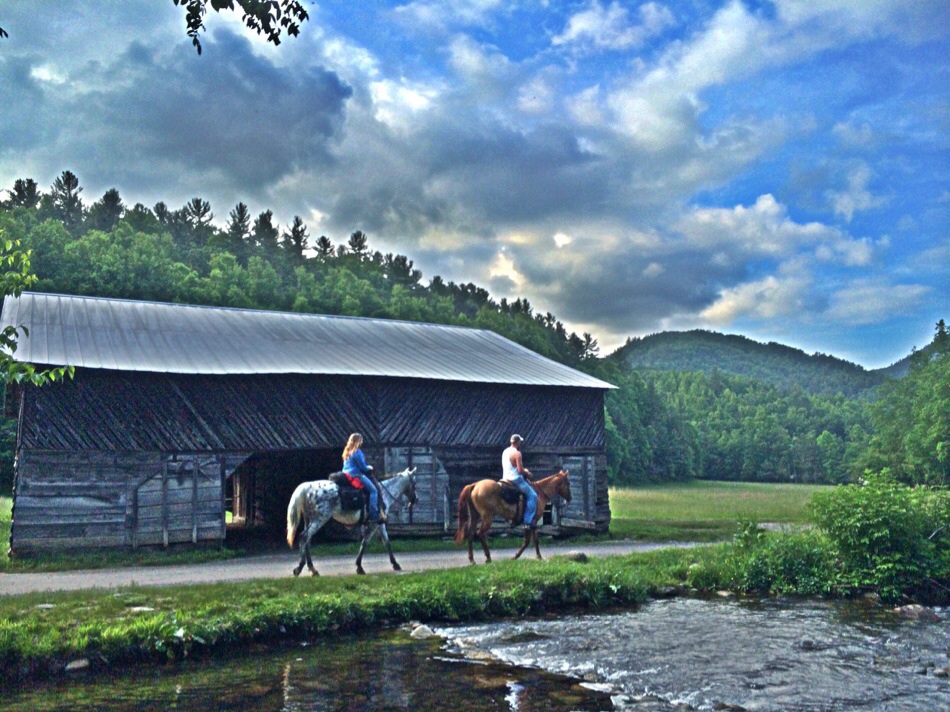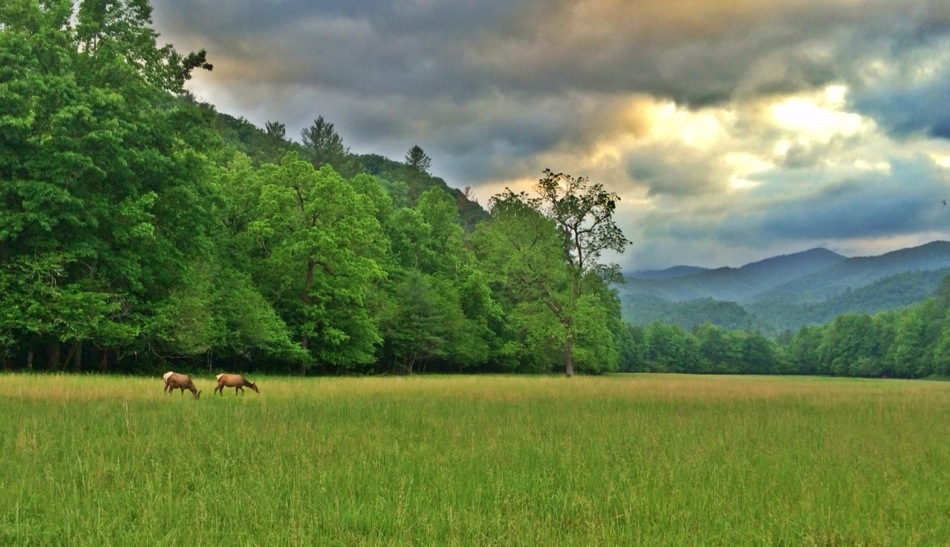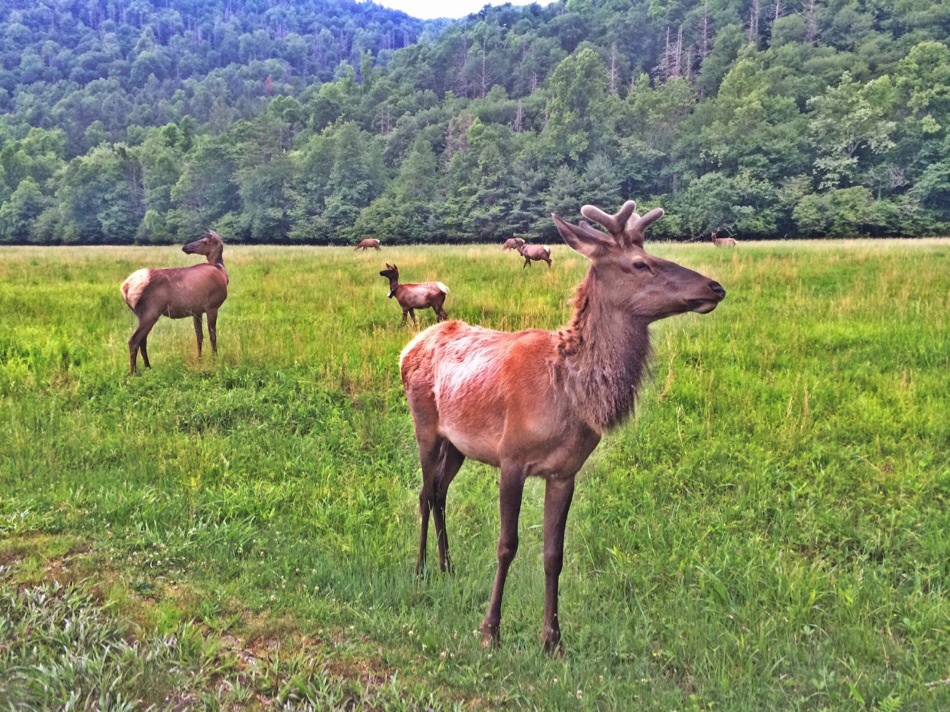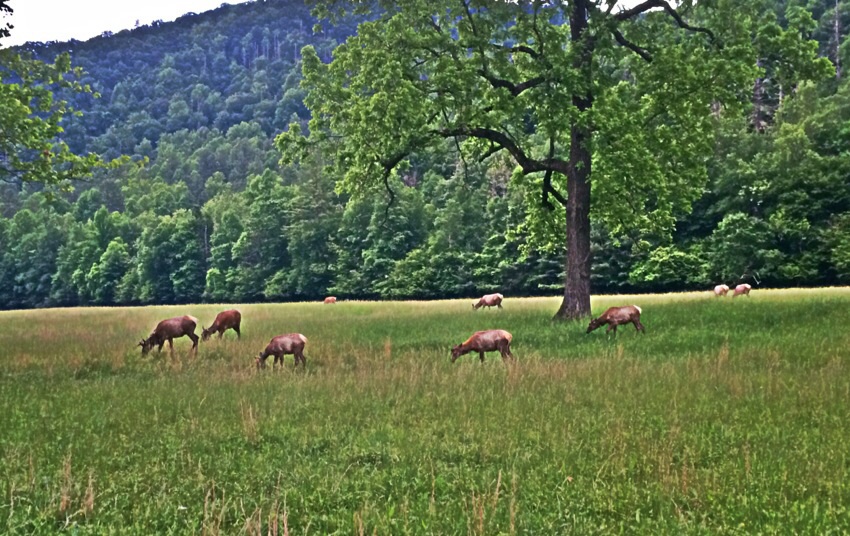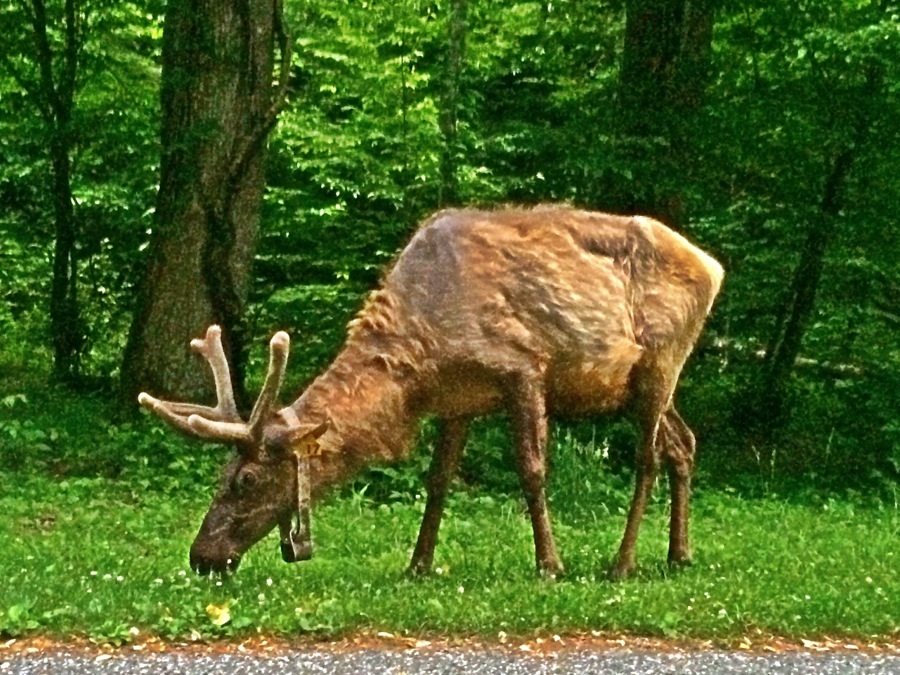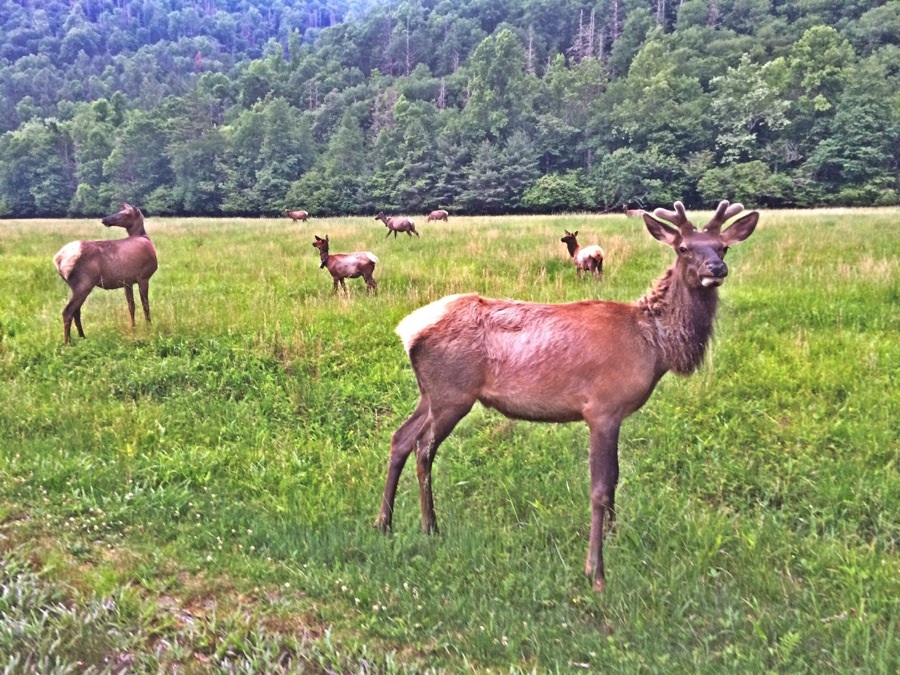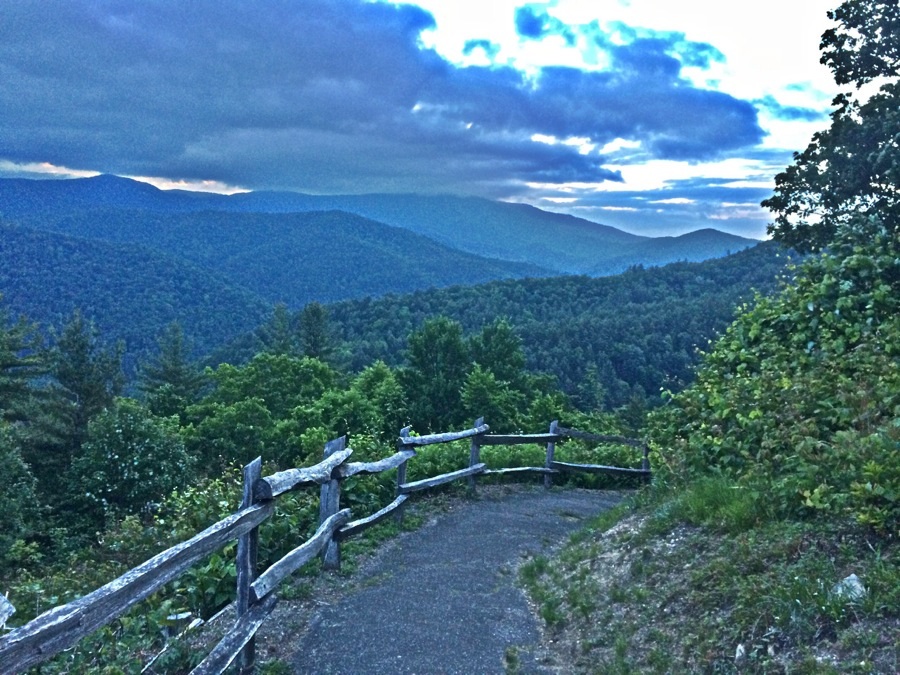I still remember flying alone in my early twenties and sitting next to a kind old man. He must have known I was far from home and he asked me where I was from. I told him Western North Carolina, he smiled and said “Oh, you are from God’s country!” Indeed…the mountains are a slice of heaven!
It’s indescribable really, the amazing blessing of being raised at the foot of both the Blue Ridge Parkway and the Great Smoky Mountains National Park. An idyllic childhood environment with exposure to all the glories of the great outdoors!
Back in the late 1700’s, Western North Carolina had over-hunted and eliminated the North American Elk population. Conservation efforts and redistribution of the Elk back into the Great Smokies began in the 1990’s. Together, the Great Smoky National History Association, the Rocky Mountain Elk Foundation, Friends of the Smokies and the University of Tennessee implemented an experimental release in 2001 of 25 Elk back into the National Park (from Land between the Lakes in Kentucky). Each elk was tagged and monitored for tracking and assessment of the experimental release. It was simply an experiment, to see if the elk could adapt, survive and even thrive again the mountains of North Carolina. There were no guarantees of survival. In 2002, another 27 elk were introduced into the park. Today, there are over 140 elk living in the park and can be viewed in Cataloochee Valley, especially during early morning and late evening.
The Cataloochee Elk have a special place in my heart, as my father is passionate about preserving the native wildlife in Western NC and was part of the Great Smoky National Historical Association group during the redistribution process.
Recently, we all packed up a picnic and spent a Sunday afternoon in Cataloochee Valley to see the elk! In addition to viewing the elk, the valley has preserved many historical homes, churches and a charming old school house. We spotted elk, turkey and even a momma bear with a baby cub on our excursion.
To learn more about the Cataloochee Elk visit: http://www.nps.gov/grsm/naturescience/elk.htm
